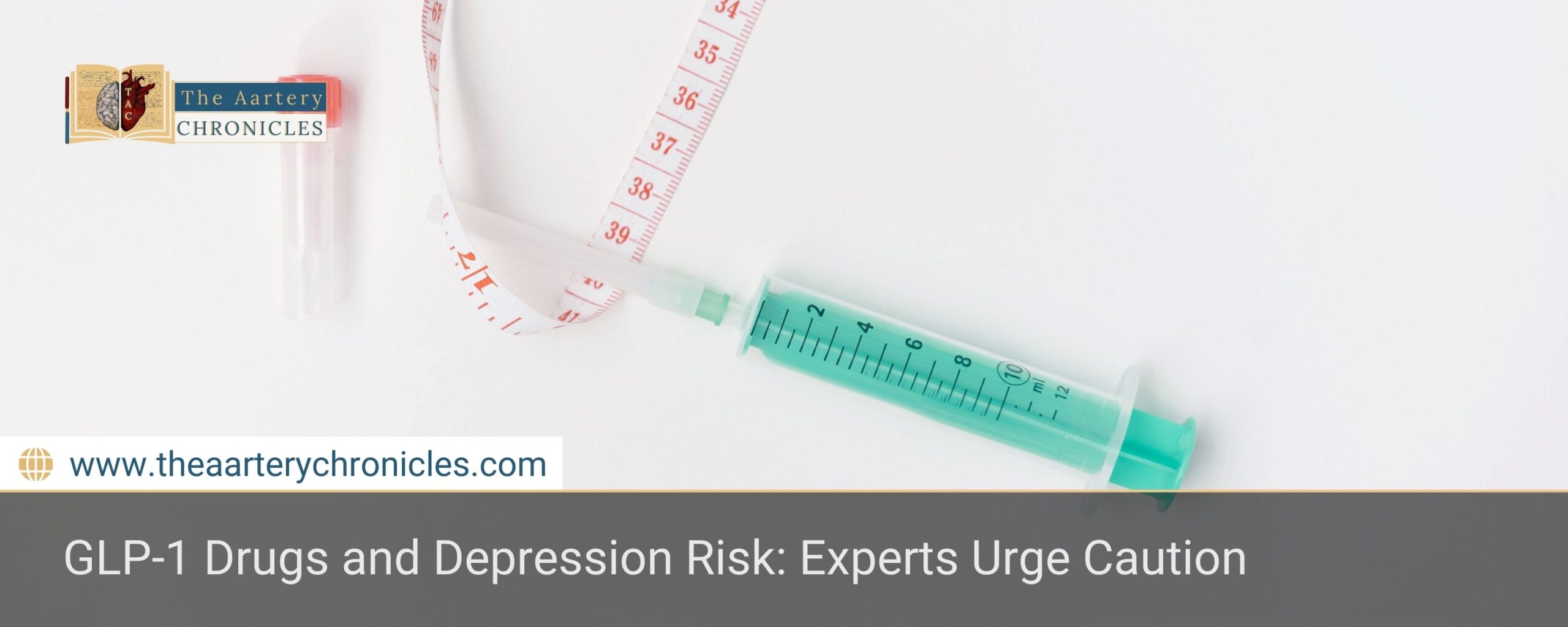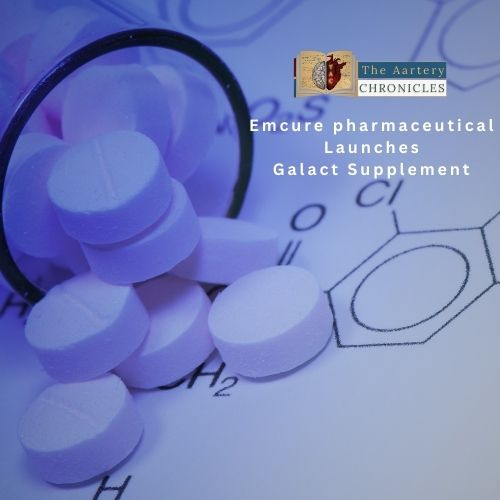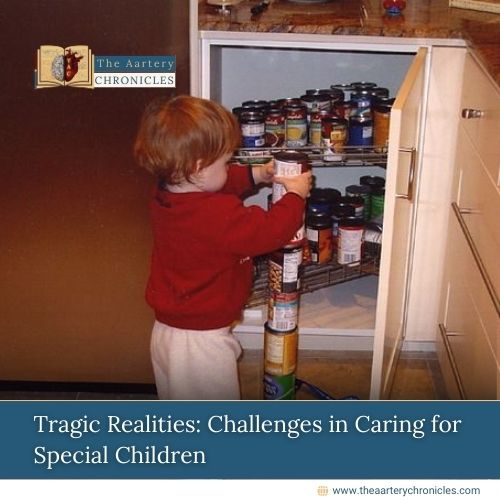

GLP-1 Medications May Increase Depression Risk: What You Need to Know
Summary: Recent research links GLP-1 receptor agonists (like Ozempic) to potential risks of depression and suicidal thoughts in genetically vulnerable individuals. Experts urge personalized prescribing using genetic testing to safeguard patients.
Is your weight-loss medication affecting your mood?
A new international study suggests a potential link between GLP-1 receptor agonists, like Ozempic, and increased risk of depression and suicidal ideation in some individuals. The research highlights the importance of genetic testing before prescribing these medications to ensure patient safety.
Why Experts Are Urging Caution
Although GLP-1 receptor agonists are widely praised for managing diabetes and obesity, researchers have raised red flags about their potential mental health risks. Published in Current Neuropharmacology, the study employed pharmacogenomic computational methods to trace how these drugs may influence genes associated with mood and reward regulation.
How Genetics Play a Role in Mood Reactions to GLP-1 Drugs
The study involved a global team of 24 researchers and found that individuals with hypodopaminergia, a condition marked by low dopamine activity, may be at higher risk of experiencing depression when on GLP-1 medications.
Genes like DRD3, BDNF, and CREB1, which are crucial to dopamine signaling, were identified as potentially disrupted by these drugs. This disruption may trigger depressive symptoms or suicidal thoughts in genetically susceptible individuals
Experts Speak Out: “People Dying to Lose Weight”
Dr. Kenneth Blum, senior author and Research Professor at Western University Health Sciences, warned,
“This study should not be ignored, despite the hype surrounding the positive clinical outcomes of GLP-1 receptor agonists… We urge the clinical prescribing community to proceed with caution to avoid another tragic wave of ‘people dying to lose weight.’”
Dr. Mark S. Gold, a co-author and addiction psychiatry pioneer, added:
“The paper provides critical evidence for re-evaluating the widespread use of GLP1 receptor agonists… The FDA and other regulatory agencies should carefully consider our findings.”
Global Agencies Already Reviewing Concerns
In response to rising concerns, the European Medicines Agency (EMA) has initiated a review into psychiatric side effects associated with GLP-1 drugs, particularly suicidal ideation and anxiety.
Professor Albert Pinhasov of Ariel University emphasized the importance of balancing benefits with risks:
“We must acknowledge the potential risks highlighted in this study… given the heterogeneity of the human population.”
Why Personalized Medicine is important Now More Than Ever
One of the key takeaways of the study is the urgent need for genetic screening before prescribing GLP-1 receptor agonists.
Professor Panayotis K. Thanos of Buffalo University shared:
“Before prescribing GLP1 receptor agonists, it would be prudent to use genetic testing tools to assess a patient’s dopamine function and addiction risk profile.”
By identifying individuals with dopamine dysregulation, clinicians can reduce the chances of triggering harmful psychological side effects.
Balancing Hope with Vigilance
While these medications offer hope for weight loss and addiction treatment, experts urge that safety must come first.
Professor Igor Elman of Harvard University concluded:
“This study is not intended to break the bubble of hope but to add a layer of precaution in their over-prescription.”
Final Thoughts: Screening Could Save Lives
This study serves as a strong reminder: Even the most promising drugs can carry hidden risks.
If you’re using or considering a GLP-1 receptor agonist like Ozempic, talk to your doctor about your mental health history and the possibility of genetic testing.
Personalised medicine isn’t just the future, it’s the key to safe and effective treatment today.
Inputs from various media Resources

Dane
I am an MBBS graduate and a dedicated medical writer with a strong passion for deep research and psychology. I enjoy breaking down complex medical topics into engaging, easy-to-understand content, aiming to educate and inspire readers by exploring the fascinating connection between health, science, and the human mind.








